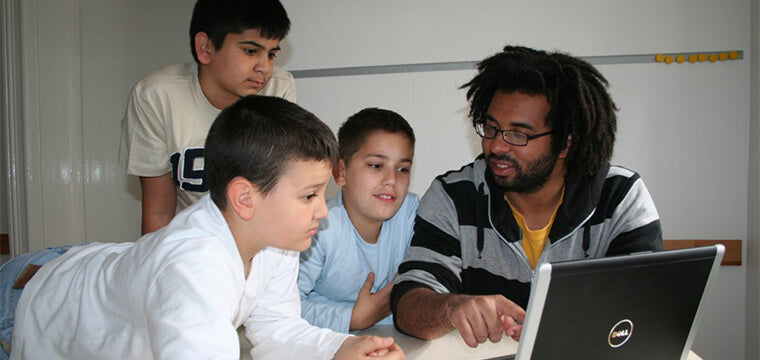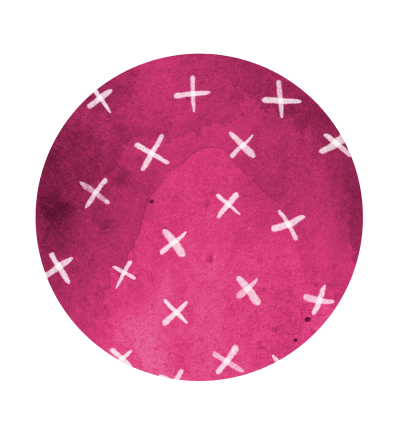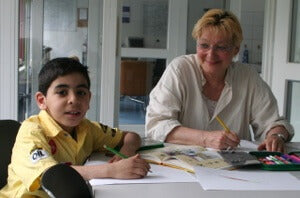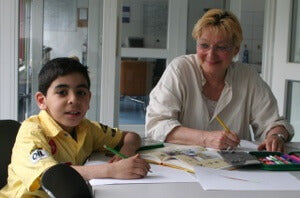Day 17
One day of educational support for a child in Neukölln
 Youth poverty -
Youth poverty -


break the vicious circle of dependence on social benefits

need
Alleviating child poverty
activity
Children and young people from the Rollbergviertel receive weekly educational support and supervision from a mentor
Measurable performance
Number of children cared for
Result
Number of children whose academic performance improves
Systemically relevant impact
The young people find vocational training places. The vicious circle of lack of training in socially disadvantaged areas is broken.
background


The good deed
AboutGermany
Berlin
Capital city
80,523,700 (2012)
Population
41,513 US$
Gross domestic product
per capita per year
5
Human Development Index
(Human Development Index)

